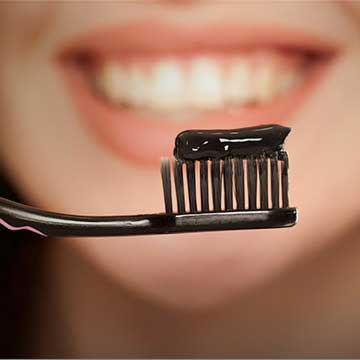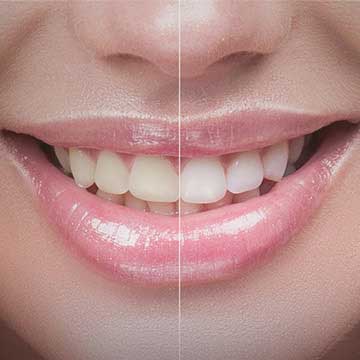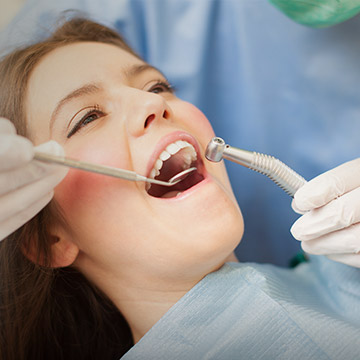Everyone knows that smoking is bad for their general health but there are specific hazards for oral health as well.
Smoking causes an external buildup of brown/black tar stain on the teeth that can be removed with a cleaning.
Over time
Smoking accelerates gum disease. A tobacco smoker is seven times more likely to develop periodontal (gum) disease than a non smoker. Smoking decreases blood flow to the gums and they do not heal well. If toxins from bacterial plaque in the mouth are attacking the gums and bony attachment of the teeth, the body is unable to respond with adequate blood flow to the area.
The decrease in blood flow and toxic agents in tobacco smoke also affect the healing for a patient who is having dental implant surgery. Success rates are definitely lower for implant patients who smoke.
The most serious oral health risk for smokers and chewing tobacco users is oral cancer. The most common places for this to occur is on the tongue and floor of the mouth. If it is not detected early, 5 year survival rates are very low.
Generally, early oral cancer in the mouth presents with no symptoms or pain. Patients need to have a visual screening examination at their regular dental checkups.
An additional screening with the velscope blue light is recommended once a year. The dentist scans the mouth with a handheld light device which helps identify early cancers that may not be yet visible to the naked eye.
IF YOU ARE TRYING TO QUIT: DO NOT SUCK ON MINTS, CANDIES OR CHEW GUM CONTAINING SUGAR. CAVITIES CAN DEVELOP QUICKLY WHEN TEETH ARE EXPOSED TO LONG SUGAR EXPOSURE TIMES.
Fresh vegetables and sugarless mints and gum are good alternatives.
Other aids to help in quitting include the nicotine patch, gum and prescription medications like Champix that decrease the desire to smoke.
Electronic cigarettes might also be helpful to aid in quitting tobacco smoking. Please see below.
ELECTRONIC CIGARETTES
There is a common perception that electronic cigarettes that contain nicotine without the tar are healthier than smoking tobacco and this may be true to a point.
E-cigarette aerosols contain fewer toxic substances than burnt tobacco but the effect of the flavorings and the aerosolized solutions on the oral tissues and body are NOT known and need more study.
Aside from being extremely addictive, Nicotine itself is a very harmful substance.
Nicotine on it’s own, HAS been linked to causing cancer of the lung, gastrointestinal organs, pancreas and breast. Long term exposure has been linked to high blood pressure and heart disease.
Nicotine suppresses the immune system and decreases wound healing. It affects the reproductive systems of males and females and retards fetal growth.
It affects insulin resistance and predisposes to metabolic syndrome. It is a toxic poison and overdose can result in death. (Control dosing in E-cigarettes!) Research for a safer alternative to nicotine is needed.









